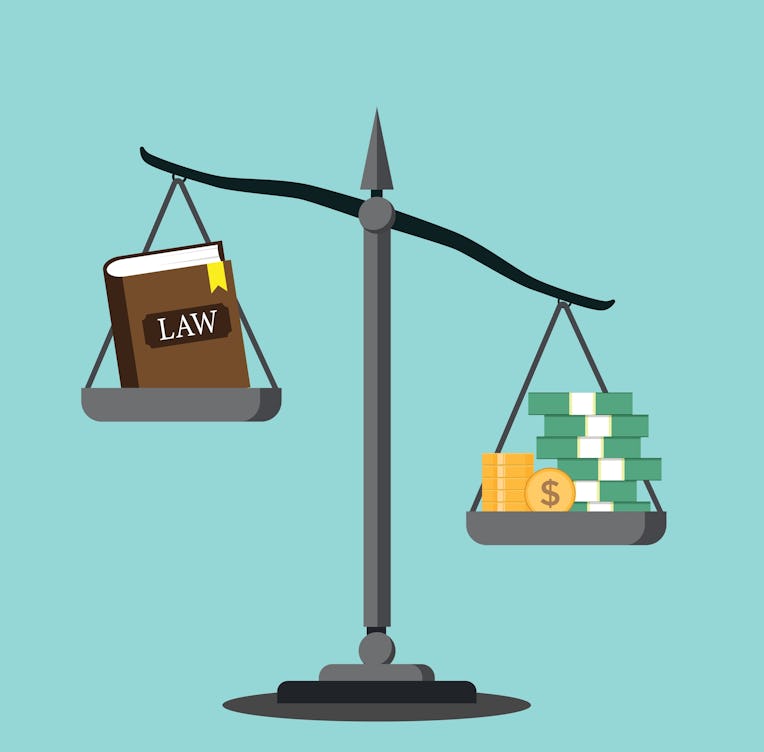My Side Hustle Is Filing Class-Action Lawsuit Claims
Get in girls, we’re filing claims for $7 Aussie aerosols settlements

The crypto market is down, meme stocks are played out, and online sports betting has become so corporate and quasi-legal that placing a cheap parlay on the NFL championships feels less like an illicit low-stakes rush than a state-sanctioned tithe to the gambling lobby. But fans of modest cash for minimal effort can take solace in another hobby: filing class-action settlement claims.
Class-action lawsuits are, broadly speaking, one of the few truly joyful things about the legal system, which is not to say they are all good, immune to exploitation, or even especially effective at benefitting class members or deterring malfeasance. The bar is low. But at their simplest, class actions boil down to some collection of Average Joes joining forces to hold a powerful and/or evil institution to account, and getting some civil liberties or extremely small checks in the process. The civil liberties part is slightly different and too technical to get into here, but for what it’s worth, Brown v. Board began with a class-action lawsuit, as did Roe v. Wade. That said, we are here to discuss the small checks.
The checks are, more or less, categorically small, as whatever settlement the case lands on will inevitably be split between the many members of the class, hence the periodic email notices one gets offering up $3 on a disposable Mastercard for filling out a form. Thanks to the carcinogous free bleeders at Thinx, however, it has recently been brought to my attention that you do not have to wait for class-action claims to come to you. You can seek them out, rack them up, make the prepaid Mastercard change you want to see in your wallet, all without doing almost any of the work yourself. In fact, you should, since one of sore points of our class-action system is that it’s nearly impossible to notify all members of a given class about the possible tens of dollars at their disposal. And if the settlement money isn’t all claimed, it often goes back to whichever company was getting sued in the first place.
The good news is that there are multiple websites devoted to compiling open class-action claims, which detail the due date, payout, and whether or not you have to provide proof that you even deserve said payout to begin with (do with that what you will). Over the past few weeks, I have joined my brothers in class to take on the fat cats behind Celsius Beverages (which allegedly claimed their caffeinated water had “no preservatives,” despite adding citric acid), Nestle’s Coffee Mate Powder Creamer (which allegedly mislabeled their serving sizes), Procter & Gamble’s aerosol products (which allegedly didn’t disclose that their products contain benzene), and read about several others, only to find I had narrowly missed the deadlines. But the claims you miss only make you stronger, or at least subscribe to the ClassAction.org newsletter to maximize the efficiency and payout of a passive new hobby.
I’ll be waiting to see what impressive sums these settlements yield. But in case you think spending 20 minutes filling out forms is a waste of time, I’ll add that last year, I found out something called “Plaid,” which Coinbase used to process bank transfers, had been sued for allegedly obtaining login information via an interface that “had the look and feel of the user’s own bank account.” Evidently, I was involved, and I wound up with a Venmo payment for $35.97. Say what you will about free lunches, but that covered two sandwiches somewhere in Midtown.